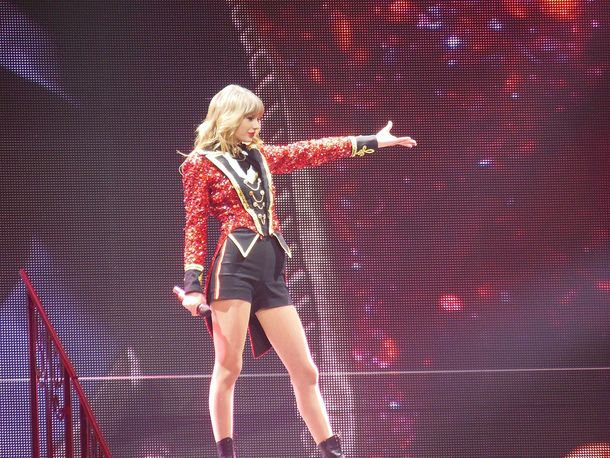Taylor Swift, Copyright, and the Fight for Creative Control

Taylor Swift is not just a global pop sensation—she was named TIME’s 2023 Person of the Year and ranked as one of Billboard’s greatest pop stars of this century. Despite her massive influence, even Swift faces the limitations of copyright law. Why did Swift go through the effort of re-recording her first six albums? To understand her bold move, let’s break down the essentials of music copyright and how it affects the industry.
Two Sides of Music Copyright
In music, copyright is divided into two key elements:
- Publishing Rights – These protect the song’s lyrics, melody, and composition. Typically, they belong to the songwriter or their publisher.
- Master Recording Rights – These cover the final version of a recorded song—the one you hear on Spotify or the radio. Record labels often own these rights.
When Swift signed her first record deal with Big Machine Records at age 15, she gave the label ownership of the master recordings for her first six albums in exchange for funding and promotion. However, she retained her publishing rights, which would later allow her to reclaim her work.
A Deal That Sparked a Feud
In 2019, Big Machine Records sold its entire catalogue, including Swift’s master recordings, to Scooter Braun, a music executive known for managing stars like Justin Bieber. The deal, reportedly worth $300 million, enraged Swift, who had a rocky history with Braun. She claimed she had tried to buy her masters but was offered unfair terms. Frustrated by losing control over her early work, she decided to act.
Re-Recording: A Legal and Strategic Move
Swift’s contract with Big Machine included a common industry clause that prevented her from re-recording her music for six years after each album’s release. Once that period passed, she could legally create new versions—and that’s exactly what she did, releasing updated versions of her albums under the name “Taylor’s Version.”
This strategy wasn’t just about taking back control; it also had significant financial benefits. By encouraging fans and businesses to use her re-recorded tracks, Swift reduced the value of Braun’s company's original recordings.
Why This Matters
Swift’s battle highlights how copyright law impacts the music industry. Streaming platforms, advertising campaigns, and TV shows now lean toward licensing “Taylor’s Version” tracks, giving Swift greater control over her work’s legacy and income.
Lessons from Taylor’s Experience
Swift’s journey serves as a warning for artists: know the terms of your contracts, especially clauses about ownership and re-recording rights. Many artists face similar challenges.
Take, for example, the Beatles’ catalogue. In 1985, Michael Jackson bought the rights to their songs for $47.5 million, which upset Paul McCartney, who had hoped to acquire the catalogue himself. Though McCartney regained some rights decades later, the situation was a harsh lesson about the importance of music ownership.
Another example is JoJo, a pop singer from the 2000s. Her label, Blackground Records, refused to release her music or grant her access to her master recordings, which halted her career. In 2018, JoJo re-recorded her early albums, regaining control and reconnecting with her fans.
These stories, including Swift’s, demonstrate how crucial it is for artists to understand their rights and fight for creative freedom. Even if you’re not a superstar, the principles remain relevant for anyone in the creative world—ownership matters, and control over your work is priceless.
If you find yourself in a situation where you need help protecting your rights or negotiating contract terms, don't hesitate to contact our law office! Our experts will be happy to advise you on how to protect your creativity and ensure fair conditions for your work.
Source: Padgett, Austin, a Close Christopher „Rusty". „No Infringement Intended: Why Did Taylor Swift Re-Record Her Albums? A Look at Music Copyright and Contractual Rights". IPWatchdog.Com | Patents & Intellectual Property Law, 7. leden 2025, https://ipwatchdog.com/2025/01/07/no-infringement-intended-taylor-swift-re-record-albums-look-music-copyright-contractual-rights/id=184789/.
Photo: By Jana Zills - Taylor Swift RED TourUploaded by tm, CC BY 2.0, https://commons.wikimedia.org/w/index.php?curid=26708616